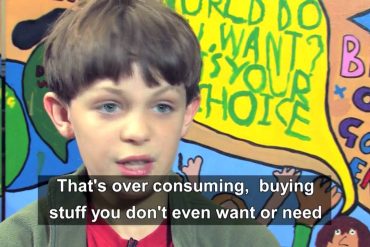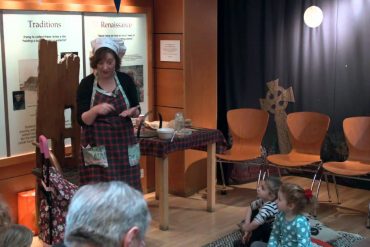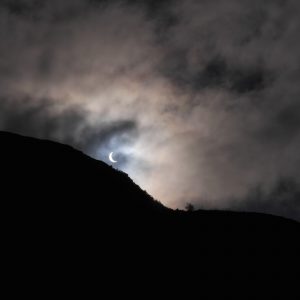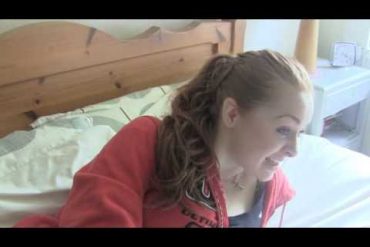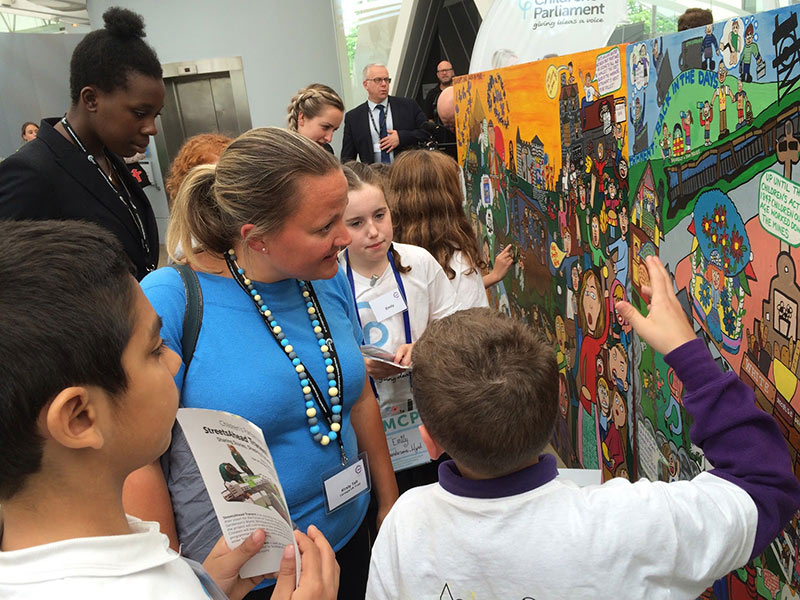
Children’s Parliament Imagineers show off their mural.
On a recent afternoon, as a weak Spring sun shone over Edinburgh’s Charlotte Square picking out crocuses in the square’s central garden, the door of Bute House – official residence of Scotland’s First Minister – opened and a group emerged from a lengthy consultation with the Scottish Cabinet. They huddled together on the steps, reporting to an accompanying cameraman about the event. But as they did so they began to hop around and skip up and down the steps in a manner most unusual for the dignitaries who generally emerge from discussing affairs of state there.
These delegates were all primary school children – a small group from the Children’s Parliament (CP) which had come to talk to Nicola Sturgeon and Education Minister John Swinney, as well as other members of the Cabinet and Scottish Government officials about what is important to children in Scotland today.

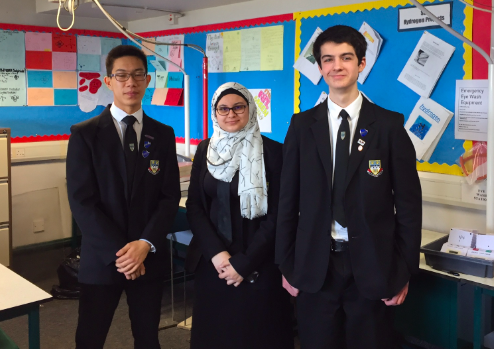 (some students from Currie)
(some students from Currie)
